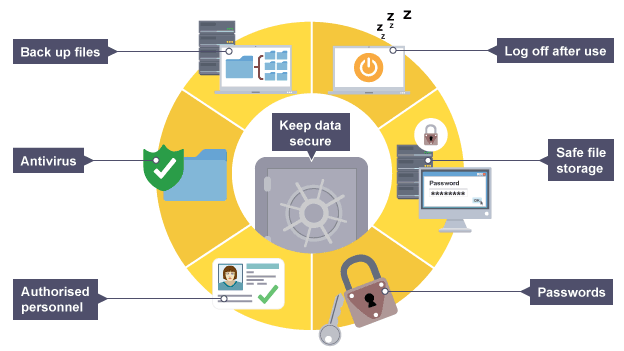Justification is the process of finding out whether a backup attempt succeeded or not,
or, whether the data is backed up enough to consider it "protected". This process usually involves
the examination of log files, the "smoking gun" often left behind after a backup attempts takes
place, as well as media databases, data traffic and even magnetic tapes. Patterns can be detected,
key error messages identified and statistics extracted in order to determine which backups worked
and which did not. According to Veeam Availability Report in 2014 organizations test their backups
for recoverability on average every eight days. However, each quarter, organizations only test an
average of 5.26 percent of their backups, meaning that the vast majority of backups are not
verified,so could fail and cause downtime.

Over the past several decades, organizations (banks, governments,
schools, manufacturers and others) have
increased their reliance more on "Open Systems" and less on "Closed Systems". For example, 25 years
ago,
a large bank might have most if not all of its critical data housed in an IBM mainframe computer
,but
today, that same bank might store a substantially greater portion of its critical data in
spreadsheets,
databases, or even word processing documents .The problem with Open Systems is, primarily, their
unpredictable nature. The actual nature of an Open System is that it is exposed to potentially
thousands
if not millions of variables ranging from network overloads to computer virus attacks to simple
software
incompatibility. Any one, or indeed several in combination, of these factors may result in either
lost
data and/or compromised data backup attempts. These types of problems do not generally occur on
Closed
Systems, or at least, in unpredictable ways. In the "old days", backups were a nicely contained
affair.
Today, because of the ubiquity of, and dependence upon, Open Systems, an entire industry has
developed
around data protection. Three key elements of such data protection are Validation, Optimization and
Chargeback.